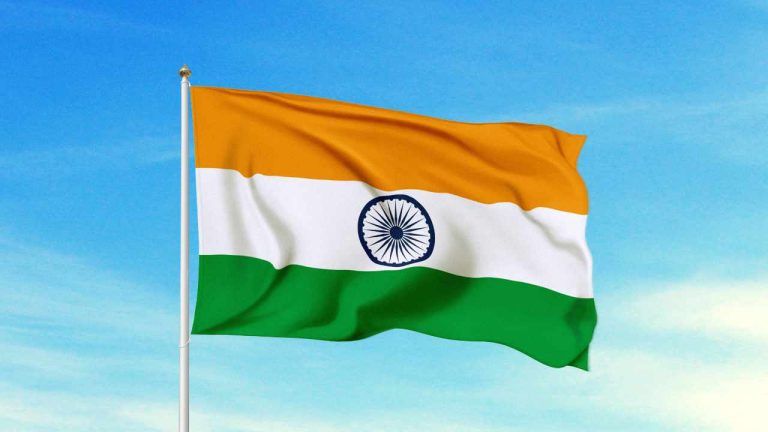
As Bitcoin gains momentum as a strategic reserve asset on a global scale, India finds itself at a critical economic juncture that could potentially reshape its position in the global financial landscape. The concept of holding Bitcoin as a reserve asset is gaining attention worldwide, with an increasing number of countries exploring its role in national economic strategies.
In recent years, Bitcoin has transitioned from being viewed as a speculative investment to a legitimate store of value, akin to gold or other traditional assets held by central banks. The decentralized nature of Bitcoin, coupled with its limited supply and global recognition, has attracted interest from institutional investors, corporations, and even governments.
India, known for its robust tech industry and entrepreneurial spirit, is now facing a pivotal moment in its economic journey. As the country grapples with various challenges, including a slowing economy, inflationary pressures, and a depreciating currency, the potential adoption of Bitcoin as a strategic reserve asset could offer a new path forward.
Embracing Bitcoin as a reserve asset could provide India with several advantages. Firstly, Bitcoin's finite supply of 21 million coins makes it immune to inflationary pressures that plague fiat currencies. By diversifying a portion of its reserves into Bitcoin, India could protect its wealth against currency devaluation and economic uncertainties.
Moreover, as other countries like El Salvador and Ukraine have started to integrate Bitcoin into their financial systems, India could position itself as a global leader in embracing this emerging asset class. By adopting Bitcoin, India could attract investment, foster innovation in the blockchain and cryptocurrency space, and potentially enhance its standing in the international financial community.
However, the path to incorporating Bitcoin into India's strategic reserves is not without challenges. Regulatory uncertainty, volatility in the cryptocurrency markets, and concerns about security and custodianship are some of the key issues that need to be addressed. Additionally, public perception and political willingness to embrace a decentralized asset like Bitcoin could also influence India's decision-making process.
As the global economic landscape continues to evolve, the role of Bitcoin as a strategic reserve asset is likely to become more prominent. Countries that recognize the potential benefits of holding Bitcoin in their reserves may gain a competitive edge in the increasingly digital and interconnected world of finance.
In conclusion, India stands at a crossroads where the decision to incorporate Bitcoin into its strategic reserves could have far-reaching implications for its economic future. By carefully evaluating the risks and rewards associated with Bitcoin adoption, India has the opportunity to chart a new course towards financial resilience and global leadership in the digital economy.
Source: https://news.bitcoin.com/india-urged-to-consider-bitcoin-reserve-amid-global-digital-asset-shift/

Leave a Reply